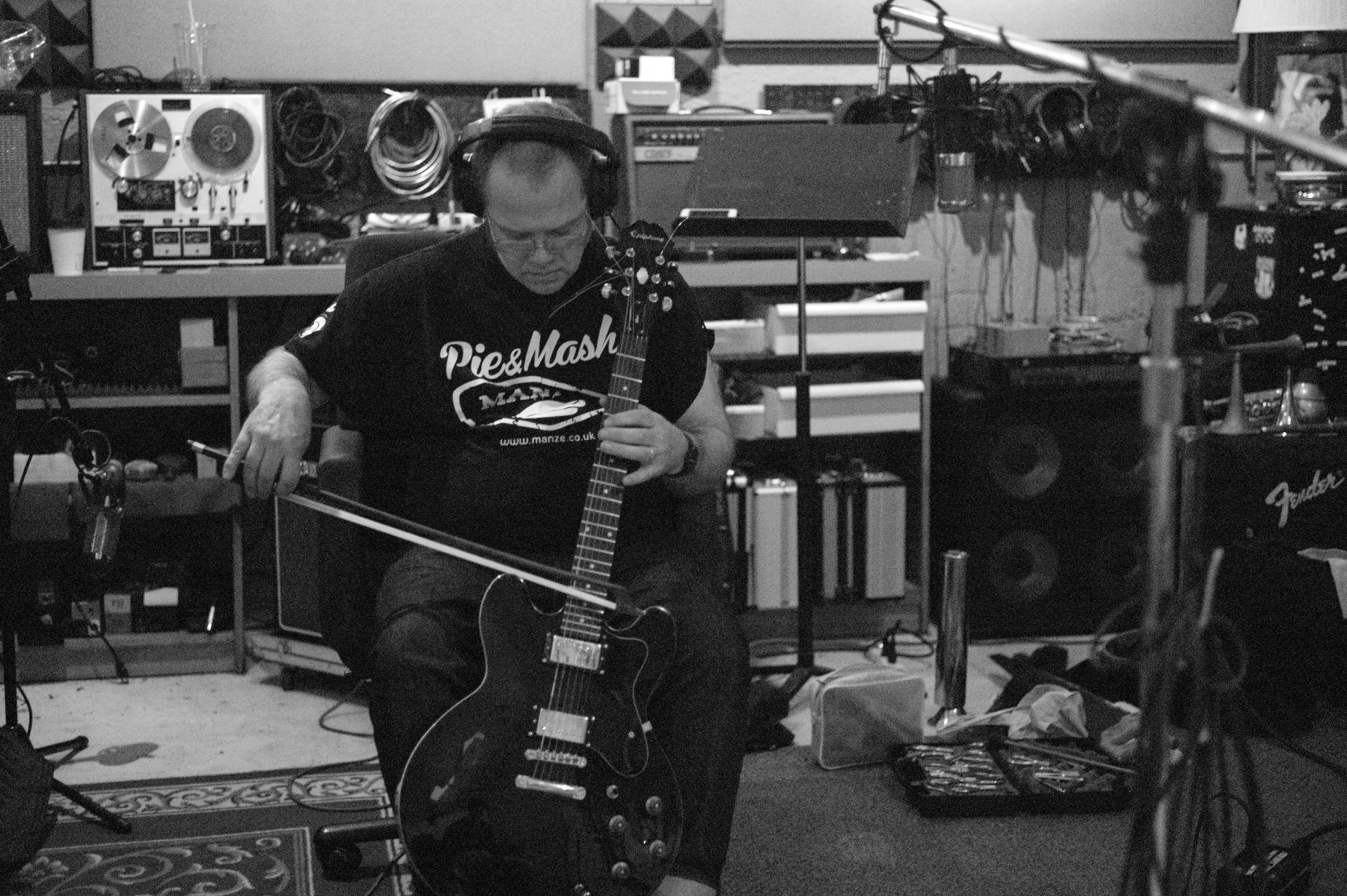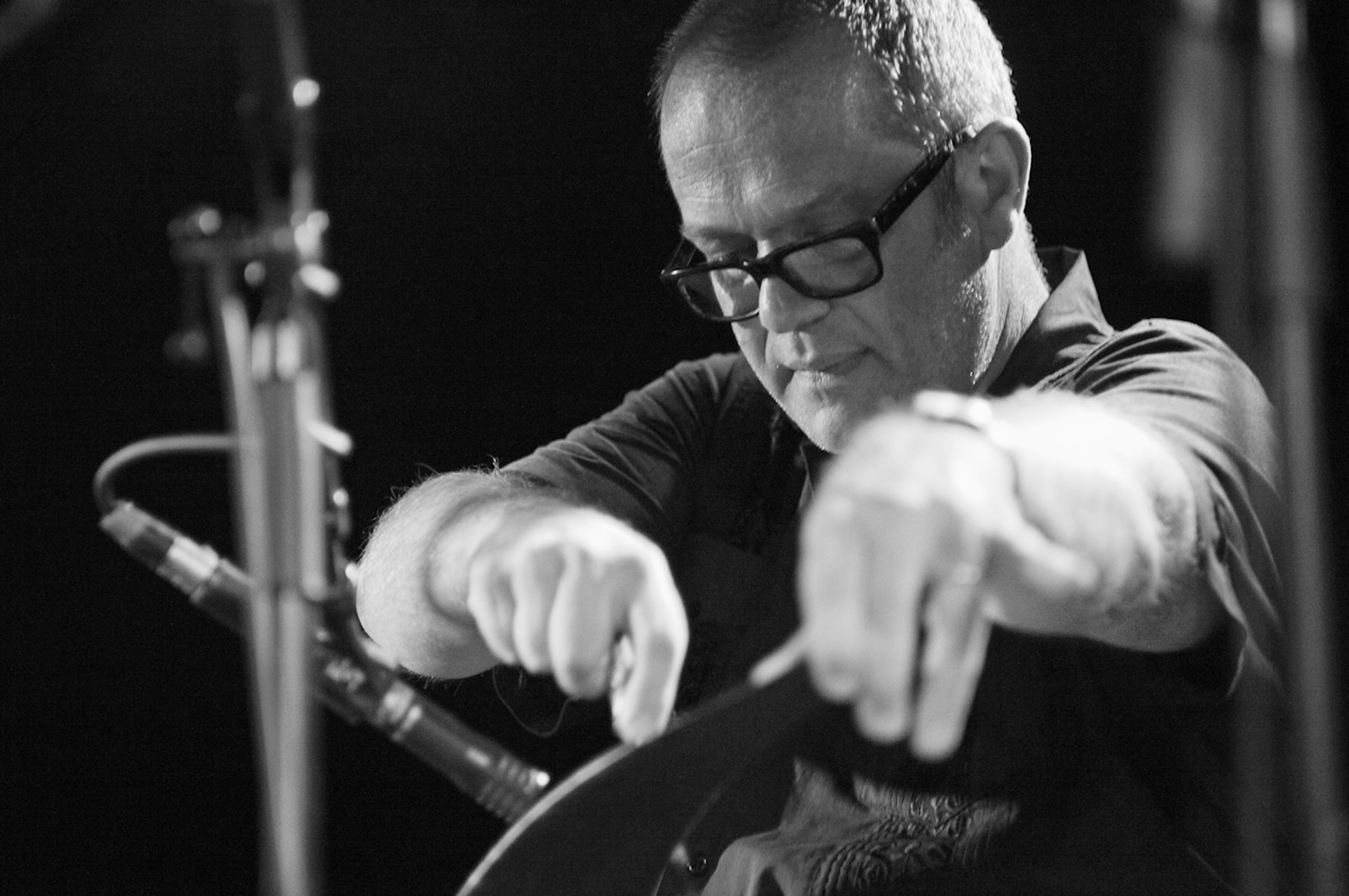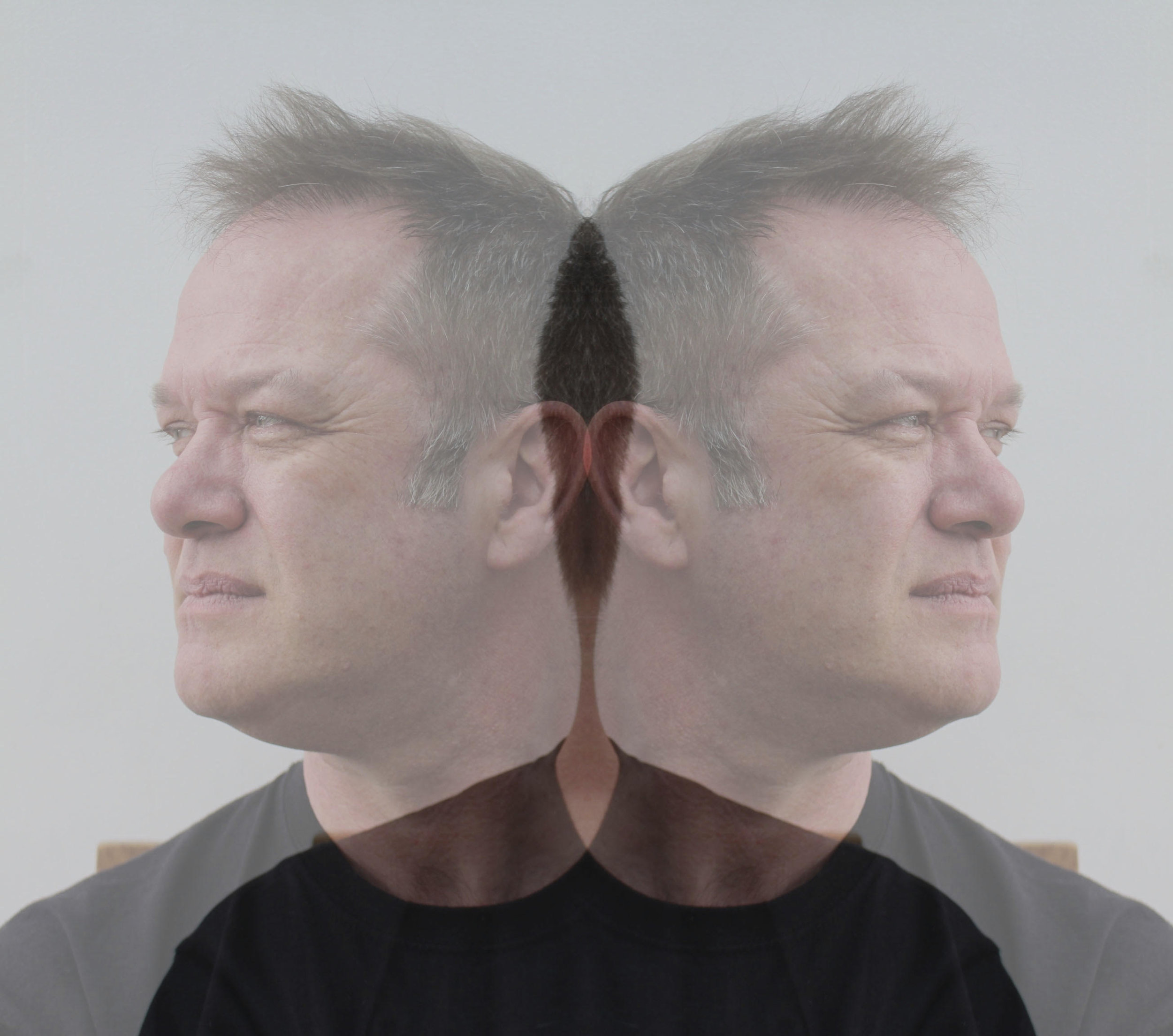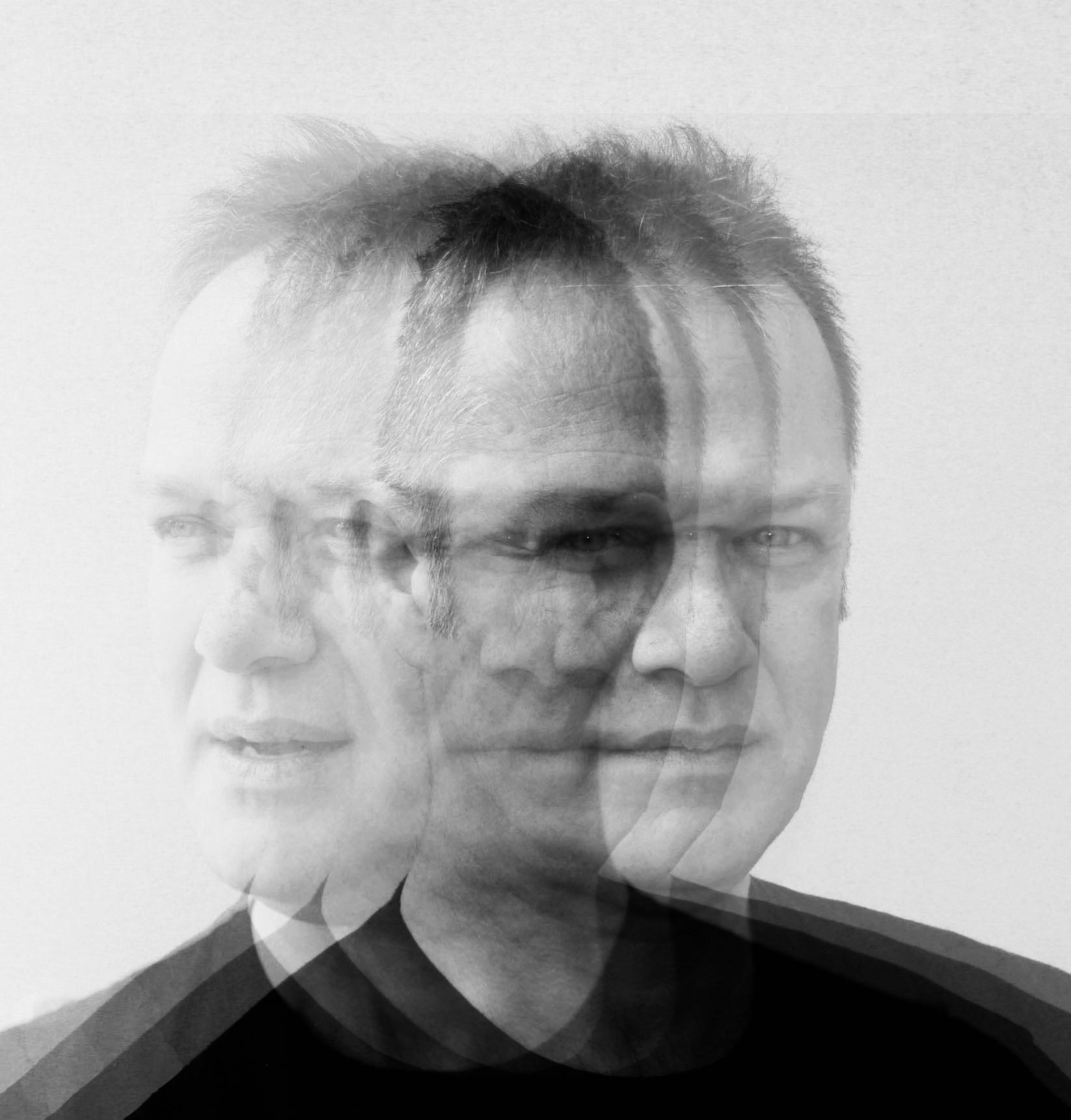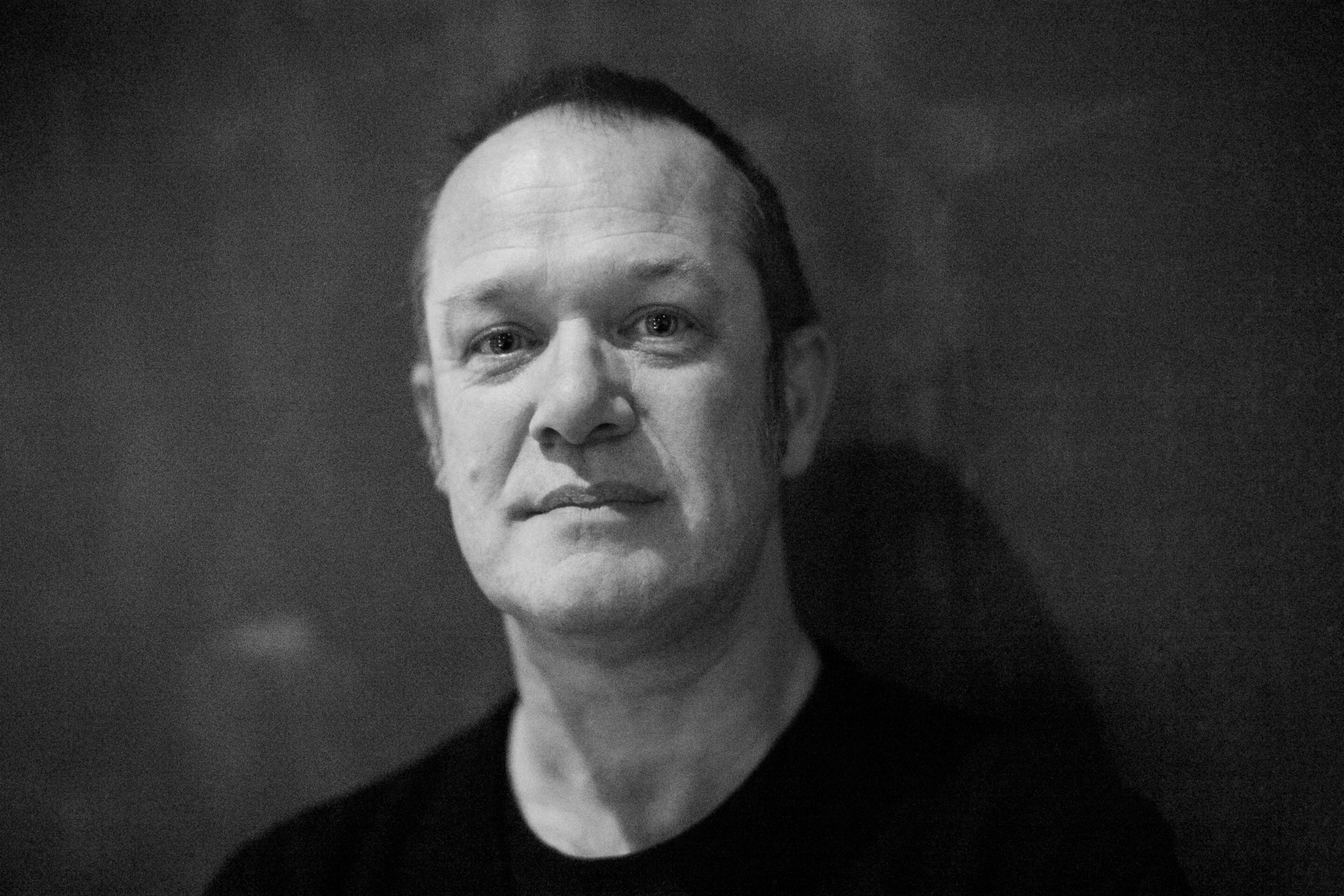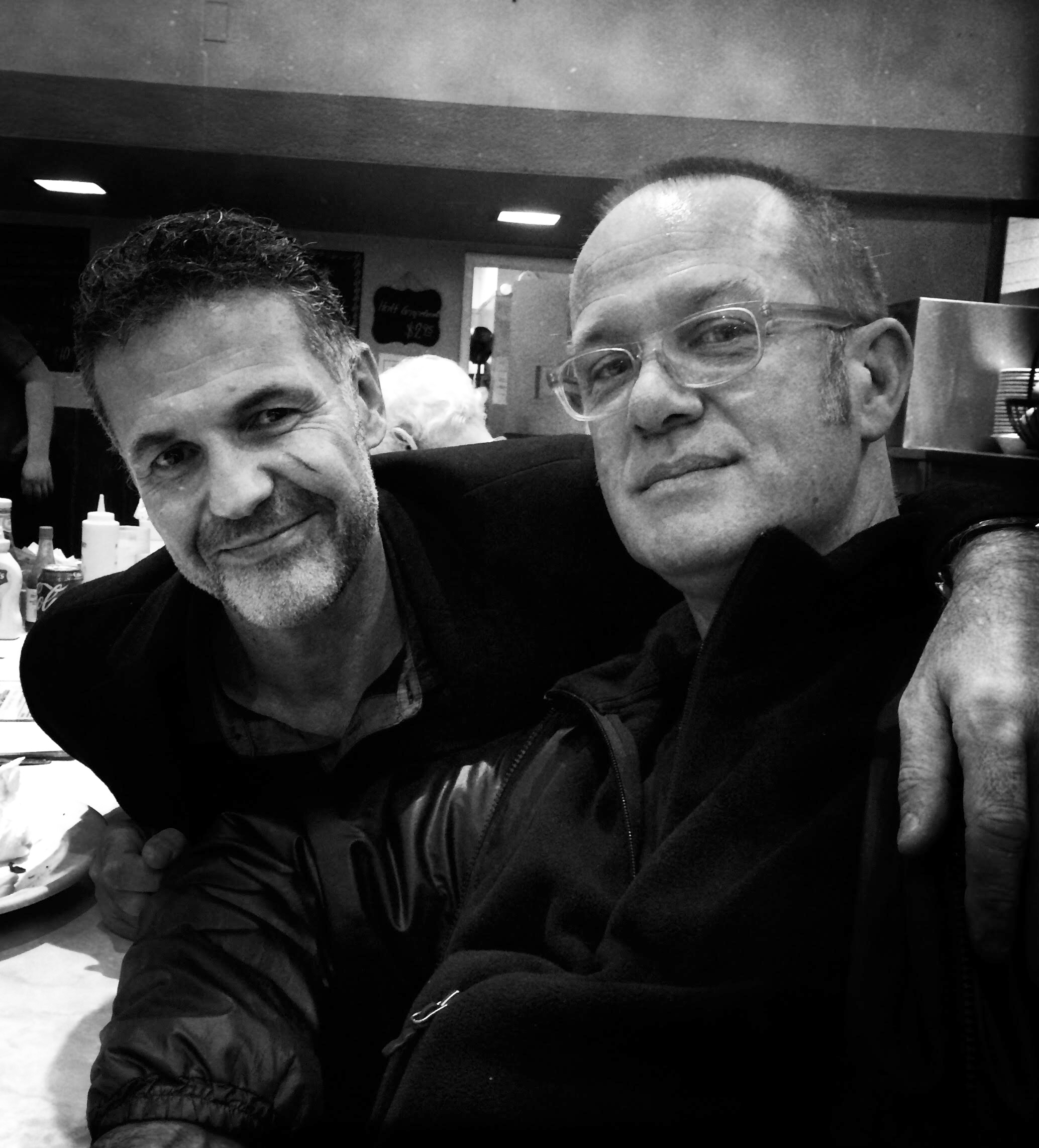ONE DAY YOU'LL LOOK AND FIND I'VE GONE
Music from OST to the American Conservatory Theatre production of A Thousand Splendid Suns Trestle Records, LP, CD, DL / Released August 10 2018
Artwork: Ross Downes
‘The drama maybe unfolding in Taliban era Kabul, but in the dark of the theatre room, David’s music gives the shifting moods poetry, and a sense of transcendent, ethereal timelessness. The notes nudge their way into the subconscious space where they play as a human Cri de Coeur, a strangely beautiful musical sibling to the deep longings of Mariam and Laila.’ Khaled Hosseini, 2018
Trestle Records are proud to present 19 compositions from composer, music director and multi instrumentalist David Coulter. The award winning score was originally commissioned by ACT’s artistc director Cary Perloff to accompany the theatre adaptation of Khaled Hosseini’s, A Thousand Splendid Suns. Based on the bestselling novel by the author of The Kite Runner, this narrative about fate, friendship and cruelty, set in war-torn Afghanistan captivated readers and earned huge critical acclaim the world over on its release.
One Day You’ll Look And Find I’ve Gone features David’s signature sound of the lilting, longing tones of the musical saw accompanied by minimal string arrangements, haunting drones, subtle electronics and field recordings. A Thunder Sheet constructed from steel offers intervals of percussive abruptness and distanced rhythmical din whilst the incantation of esoteric instruments provide the evocative folk sounds inherent from the Jaw Harp, Mbira and fiddle. David’s reputation for harnessing the properties of such instruments found here have also been beautifully utilised in his previous projects such as Robert Wilson’s The Black Rider, a musical using the songs of Tom Waits, and the 2008 collaboration with Damon Albarn, Monkey, Journey To The West, both of which featured David as Music Director and performer.
Of the intentions for the compositions David commented,
‘The music will hopefully function as a means to enhance the audience’s experience. Khaled Hosseini’s novel and Ursula Rani Sarma’s script are extremely powerful and, at times, simultaneously beautiful and brutal. I simply try to find a sound that corresponds with a feeling or a mood. That is one of the reasons I love music so much as a medium. It is capable of so many nuances, colours, and meanings.’ David Coulter, 2018
Away from their service to the theatre production another life is possible for this music. The subtlety and contemplative nature of these recordings have the seductive redolent quality soundtracks tend to achieve when distanced from imagery. Suggestive and atmospheric there is space for a listener to inhabit these recordings. David respectfully decided early on in the process to not mimic or take direct influence from Afghan musical heritage. As with much of David’s work there is a timeless, placeless element where sounds are imbued with abstract emotional openness. ‘Old’ instruments making ‘New’ sounds. The record has been released under the alternative title to reflect this other life that is possible for ‘applied’ music to be enjoyed for it’s own merits.
Although most tracks feature David alone he is joined by a talented band featuring guitarist and producer Leo Abrahams, Polar Bear drummer Seb Rochford, Electronic musician Simon Fisher Turner and Jake Rodriguez. The CD will come with a newly commissioned text from author Khaled Hosseini. What follows is that text.
For a writer, allowing his or her book to be adapted by another set of artists is an exercise in trust. When Director Carey Perloff first broached the subject of musical arrangement for ACT’s adaptation of A Thousand Splendid Suns, I imagined, quite naturally, a score based on traditional Afghan music. In my head, I heard ubab, tabla, harmonium, maybe a tula flute. What I most certainly did not hear was what Carey Perloff coyly proposed: the saw. My initial response was quiet skepticism. The saw? But Carey had already won me over with a host of other brilliant insights for the play and, as I said earlier, adaptation is an exercise in trust.
Am I thrilled I did not mount resistance to the idea.
It is all but impossible for me to imagine seeing A Thousand Splendid Suns on stage without the plaintive tones of David Coulter’s haunting and evocative score, much of it through his uncanny genius with the aforementioned saw, but enriched also by his creative use of jaw harps, bells, pitch pipes, and yes, even rusty bed springs. In a way, Carey Perloff’s instinct was dead on.
The saw, after all, is a tool for violent severing. But David Coulter’s hands coax from it something gentle, sounds of indescribable mournfulness and eerie tenderness, much as the heroines of A Thousand Splendid Suns wheedle moments of hope and grace from an existence of fear, hunger, and pervasive violence.
In David’s instrument, as in the play itself, beauty and brutality are bedfellows. But the true genius of David Coulter’s wondrous score, along with diegetic sound design by Jake Rodriguez, is that it suffuses the play with a dreamlike quality that proves as impossible to capture in words as it does to be left unmoved, untransformed, and un-transported by. His work elevates the story from the specifics of its temporal and geographical setting to a plane of universal emotion. The drama maybe unfolding in Taliban era Kabul, but in the dark of the theater room, David’s music gives the shifting moods poetry, and a sense of transcendent, ethereal timelessness. The notes nudge their way into the subconscious space where they play as a human Cri de Coeur, a strangely beautiful musical sibling to the deep longings of Mariam and Laila.
Aldous Huxley once said that after silence, that which comes nearest to expressing the inexpressible is music. David’s score graces A Thousand Splendid Suns with precisely this quality. For that I am deeply grateful to him.
As we say in Afghanistan, Tashakor, David jaan.
Khaled Hosseini 2018

